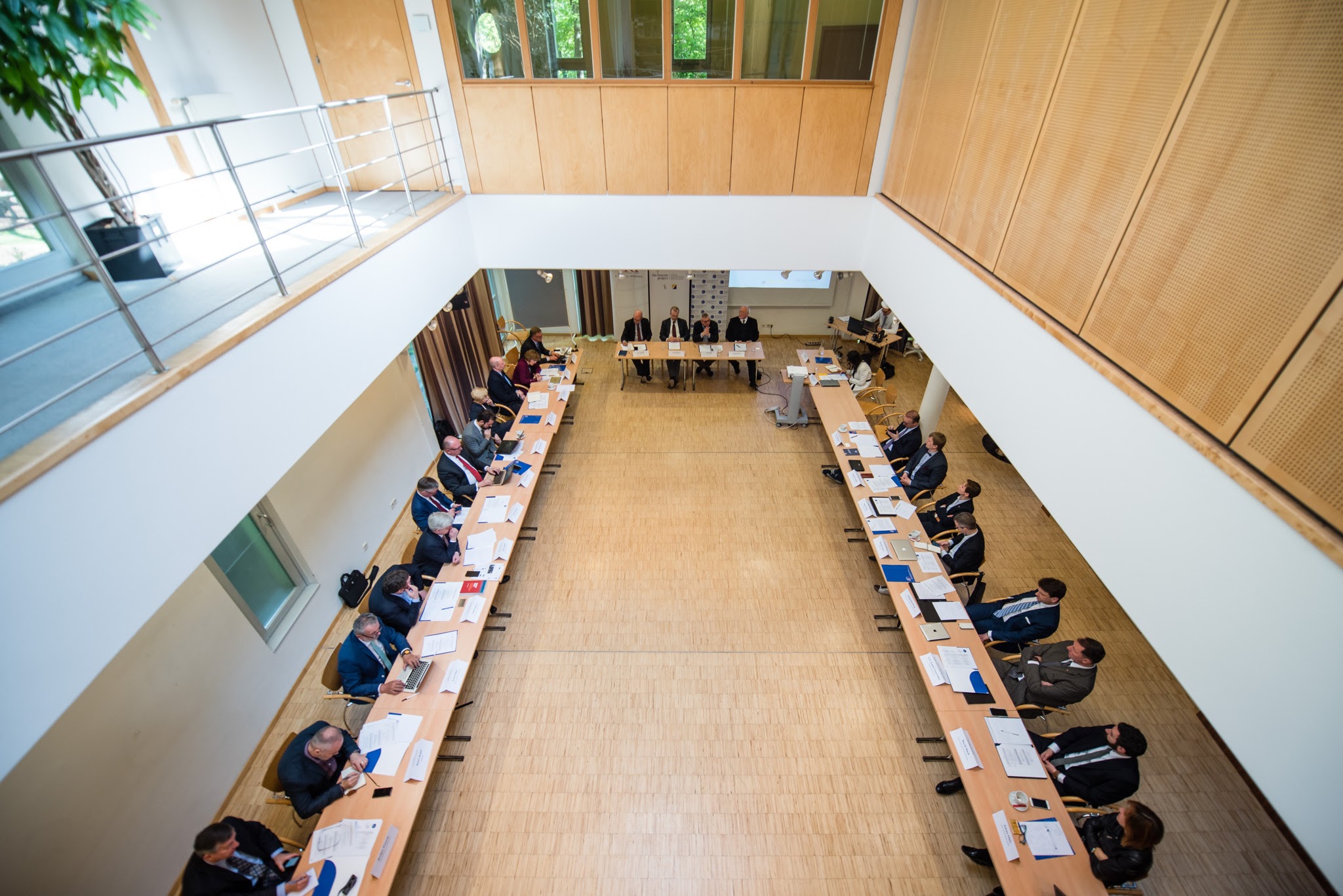
Disinformation. Propaganda. Fake news.
In the United States, these terms came into the public consciousness during and immediately after the 2016 presidential election and were used to describe the Russian government’s attempt to influence the election result. As U.S. government and media investigations uncovered the extent of the Kremlin’s campaign, Americans came to realize what many Europeans had known for years: Russia under President Vladimir Putin has been using hostile propaganda and various forms of active measures – disinformation, political subversion, and corruption – directed at its democratic neighbors and the West more broadly.
Information is a fundamental tool of statecraft — along with diplomacy, military policy and economics — that countries use to achieve their goals. And disinformation campaigns are not new. The difference today is in the quality of the tools available. Technological advances have made information warfare cheap, fast and difficult to attribute. Moreover, information warfare doesn’t require investing in long-term diplomatic relationships or buying expensive military hardware, making it attractive for authoritarian states and extremist non-state actors alike.
Digital communications technology allows for the rapid spread of all information, creating opportunities for manipulation that can be so impactful as to constitute a severe danger to democracy. Successful disinformation campaigns have the potential to deny citizens the freedom to choose their own leaders, and decide how to be governed. However, even when they fail to alter election results, disinformation campaigns shake citizens’ confidence in the integrity of the democratic process.
IRI’s mission is to advance democracy worldwide by helping citizens meaningfully engage in the political process at every level of government. Countering disinformation is key to achieving that mission. IRI’s Beacon Project was created to achieve this purpose in Central and Eastern Europe and inoculate European democracies against the threat of hostile foreign interference and disinformation campaigns. We help to organize coalitions of citizens and provide the knowledge and resources necessary to push back against any foreign or domestic forces that would disenfranchise them.
Purveyors of disinformation, whether sponsored by the Kremlin or another state or non-state actor, will continuously be adjusting their tactics, changing the messages they use, and retargeting their audience. A response to disinformation that focuses solely on yesterday’s tactics will not be able to respond when tactics shift. For that reason, the Beacon Project focuses on building resilient democracies. Nations with strong democratic institutions and an informed public can resist attempted intimidation by malign actors, even as these actors continue to innovate and improve their tactics. Our approach ensures that Europe’s democracies are better prepared to respond not only to today’s disinformation threats but future ones to come. In furtherance of this goal, the Beacon Project’s strategic actions fall into three categories: Coalition Building, Credible Research, and Engaging Policymakers.
The first pillar of the Beacon Project’s approach to countering disinformation is the dynamic network of European partners who are the foundation of our mission to build domestic resilience to disinformation. Today, IRI’s Beacon Network consists of more than 500 expert practitioners from 27 European countries. Our members have backgrounds in politics, media, national parliaments, EU institutions, academia, tech, and civil society. By bringing these partners together, we helped create a networked coalition with access to policymakers at the EU and national level.
Beacon Network members receive credible research and data, training and access to IRI’s proprietary online media monitoring platform >versus< and opportunities to advocate specific policy proposals to high-level policymakers. Beacon Project roundtable discussions, trainings and public forums bring together those from both politics and civil society in order to inform the policymaking process. In addition to public events, the Beacon Project engages partners through small task groups that work on specific initiatives designed to spur a more targeted response to disinformation across different levels of civil society and government institutions while protecting free speech. Partner initiatives may be focused on research, public awareness, and advocating for a specific policy. Facilitating dialogue between interested elected officials and those with first-hand experience working to counter disinformation is key to creating tailored policies responses that include all sectors of society—rather than responses that rely solely on regulation or limiting free speech.
The Beacon Project could not be successful as a solely American initiative and would be doomed to failure if it were. That’s why we work openly with individuals and organizations who understand the intricacies of their local context, and work alongside them as equal partners. Finding the right partners who are motivated to create a free Europe ensures the benefits of this project are sustainable long-term.
Top